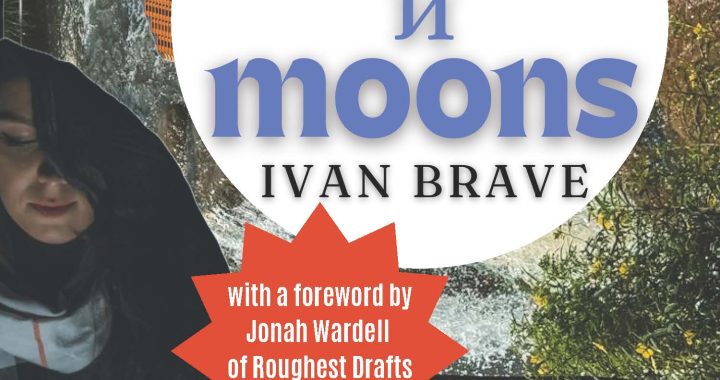Look, not every book will be for every reader. But any real reader will find something worthwhile in any book. I like young, silly, dirty, messy narratives — but here, the story is clean, to the point, with a 180-page arc that builds swell and ends well. Not my taste, basically. In my opinion, the art here isn’t so much about the craft — word by word, sentence by sentence — although one will find nothing lacking in the text: it is impeccable and compelling. And even transitions from narration, to letter, from poetry-form, to internal-monologue, from English to Italian, to Norwegian, to Spanish, to German (like a soldier trekking Europe) with ease. But, at its core, no, the art here is not the language or style. The art here is in the heart of the story.
If I’ve done enough to detail my biases, I should like to detail what moved me.
Koselig. The Norwegian word for warmth, togetherness, wholesome joy. This word becomes a talisman for the young widower of the story, representing everything he’s left behind by escaping to America (and everything he wishes to return to as soon as he can). I single out this word not just because of its simple beauty, and not also to point out that it becomes a motif of the narrative, but to signal that this novel itself, as a whole, is a caring, loving story. One doesn’t have to read the author’s bio to know that only goodness is wished upon all who reader. The advice (read: life lessons) here is warm, and loving. Only a man, a real man, one of earth and personality, was able to pen these lines. (Now go read the bio and discover McNamara is an Eagle Scout, Army-trained, and happily married — that explains those confident passages about rappelling and mountain climbing!)
“She wants you to reassure her of your devotion,” says the mother to her son, about his fiance. “Every day.” Wow. Highlighted. As a man in love, this line, and many others about love, were warm reminders. A portrait of purity, between Nels and Ineke.
“. . . creativity is about taking risks and breaking the rules,” the soldiers comment, after pulling off a risky stunt. As a writer, I read this line with a smile. (Note: Nels gets in trouble for editing an underground resistance paper, such a nice touch, for plot — and he decides, at the end of the book, to become a . . .)
The poetry in this story (“written” by the characters) is moving too. I much approve. Am much delighted. Especially this one that echoes in and out at the perfect moments: “My grief melts now / No longer frozen snow, / And drips into the Bowl of Tears / As I gladly let go.” Enough to give you the chills, like how these characters endure with their hands and knees the cold Colorado snow.
That Terry-guy . . . GOSH! (Ok, I promised myself not to spoil to much in this review.) A good counterweight.
Enough. Enough.
Solid book, by a writer who cares. 3/5.




